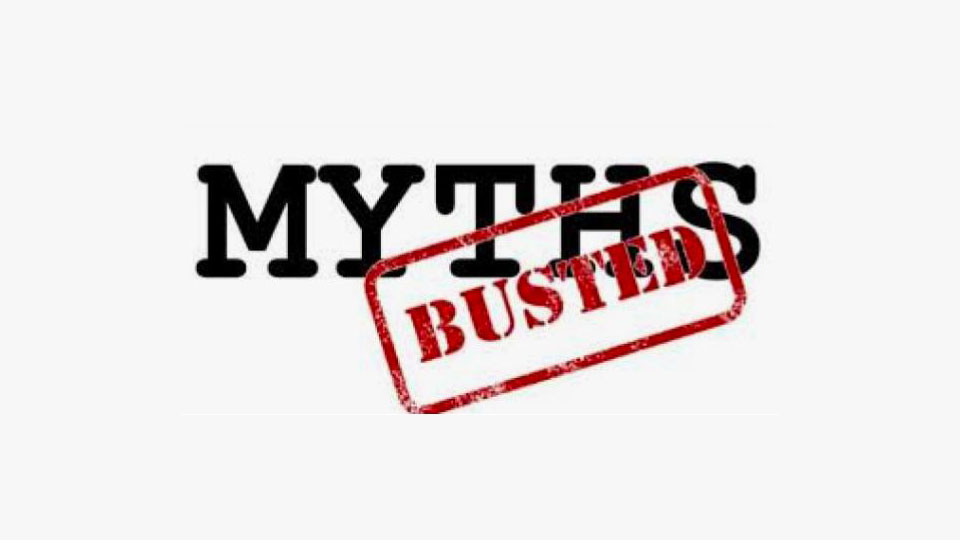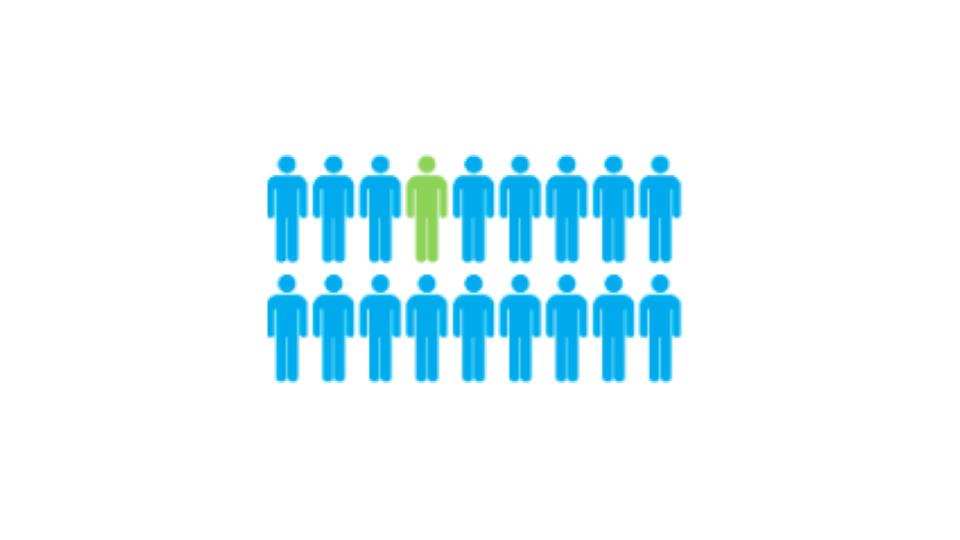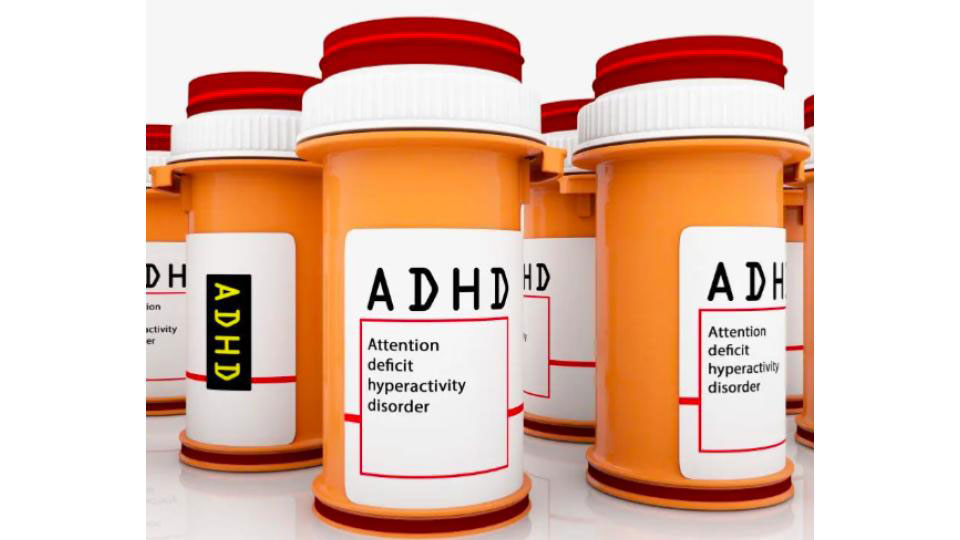Depression

Depression is a mood disorder categorized by low persistent mood, including feelings of sadness, worthlessness and hopelessness. It’s normal for kids to be irritable, sad or in a bad mood at times, however when some of the following signs are present, it can be a cause of concern:
- Persistent for the past few weeks
- Loss of interest in previously enjoyed activities
- Physical symptoms such as slowed movement and fatigue
- Changes in sleep and appetite
Recurrent thoughts of self harm or suicidal ideation
Prevalence in Children
It has been found that prevalence of depression ranges from 1.2 to 21% (clinical studies); 3-68% (school based studies) and 0.1 to 6.94 % (community based studies). There has been a steep increase in these statistics has raised concerns about children’s mental health.
Some of the risk factors include education related difficulties, family related issues, relationship difficulties with parents, economic concerns, and many other factors. Depression can impact school, home, social life and self esteem.
Symptoms of Depression
Some common symptoms of depression are as follows:
- Academic decline
- Changes in appetite
- Changes in energy
- Changes in mood
- Changes in sleeping patterns
- Cognitive difficulties
- Loss of interest
- Social isolation
- Somatic complaints
- Substance abuse
- Suicidality and/or self-harm
Early detection strategies include : education and awareness; health facility detection; home-based detection; and passive monitoring technology; screening tests; and school-based detection.
Diagnosis
After evaluating the presence of the symptoms listed above, a psychological evaluation helps in understanding a clearer picture of the individual’s mental health.
These symptoms cause clinically significant impairment in the individual’s everyday functioning in a depressive state.
**Depression can be a symptom in a lot of other disorders and not necessarily a diagnosis of Major Depressive Disorder
Treatment
There are multiple ways of treatment for depression including:
Antidepressants
Depending on the severity of depression, medications are recommended. In moderate to severe cases of depression, medications along with therapy are suggested by mental health professionals.
Therapy
There are different types of therapies with varying models which have been found to be effective in working with depression. Some of these models can look like:
- Cognitive Behavioral Therapy (CBT): CBT aims to identify thought patterns and behaviors of the individual and how are they affecting them. CBT tends to focus on the present, how the individual thinks, feels and behaves in the present. After identifying the problematic thoughts and behaviors, the therapist helps in finding ways to change those patterns and adopt a more positive thoughts and behavior patterns.
- Interpersonal Therapy (IPT): IPT focuses on the interpersonal relationships the individual has with others and the problems they might be having in those relationships. These can look like difficulties in communication, heightened conflict, coping with bereavement and so on. The therapist would work on the current difficulties and concerns in the relationship to help improve functioning.
- Psychodynamic Psychotherapy: This form of therapy involves more open-ended discussions rather than a structured plan. There is deeper investigation of the individual’s defense mechanisms, dysfunctional patterns in interpersonal relationships or identifying behavior patterns they are not aware of in the present. There is more in-depth understanding of the emotions that the individual experiences, that they possibly were not aware of in the past. It helps the individual in building their own internal resources so that they are able to manage their problems in the future as well.
Related Blogs

Treating OCD at STEPS


Types of Obsessive Compulsive Disorder

Obsessive Compulsive Disorder Overview, Symptoms and Prevalence

Treating ADHD at Steps : Therapy

